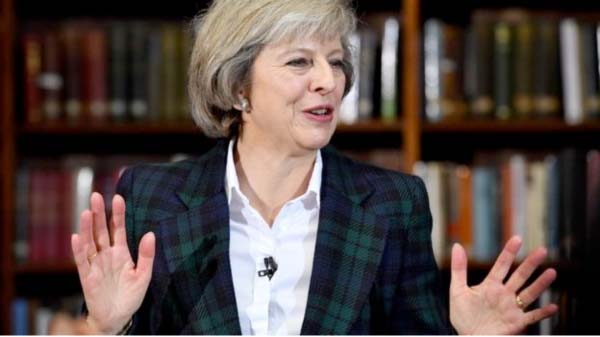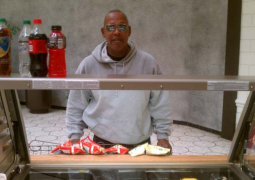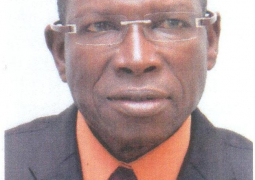
The
European continent is now witnessing more coalition governments than ever
before as another one is apparent in the UK as the country woke up Friday
morning with yet another hung Parliament.
Despite
predictions, the major parties failed to win a clear majority during last
Thursday’s general election prompting the formation of a coalition.
The
whole scenario resulted as the Conservative Party led by Prime Minister Theresa
May, failed to gather enough seats to form a Tory government.
The
Tories won 318 seats; Labour grabbed 262; the Scottish National Party (SNP) got 35 seats; while the Liberal
Democrats who previous shared power with the Conservatives came fourth with 12
seats; the Democratic Unionist Party (DUP) secured 10 seats. The rest of the
votes counted shared among smaller parties.
Despite
all the predictions and assessments, Labour was able to perform strongly across
London, East Anglia, Northern England and the South Coast thus preventing the
Conservatives from reclaiming those grounds.
The
Conservatives also made gains in those areas once held by the SNP.
Even
though the SNP made historic gains in 2015, shockingly it lost 21 seats - most
of it won by the Conservatives.
Furthermore, many important constituencies
suddenly changed hands. For example, once respected and high profile
politicians such as the former Liberal Democrat leader, Nick Clegg; former
Scotland’s First Minister, Alex Salmond who never lost an election contest in
three decades ousted. Ben Gummer, who was seen as a Tory ‘’rising star’’ also
voted out.
It
is also surprising that the UKIP, the party at the forefront of the so-called
Brexit got no seat whatsoever. Such
performance is prompting several senior politicians in the UK and EU leaders
arguing that Brexit is now ‘’thrown in to doubt’’.
Prime
Minister May, during a campaign few days ago, described the voting as ‘’the
most important election of our life time’’.
She is currently under pressure from both Labour and some members of the
Conservatives to ‘step down.
Jeremy
Corbyn, the Labour leader called her to quit, but she is determined to continue
her leadership and promised to form a new government.
Unlike
former Prime Minister, David Cameron, this time round the Conservatives are not
willing to share power with the Liberals but instead with the DUP.
Notwithstanding,
amidst all the criticisms over her decision to govern with the DUP, a party
described as ‘’right wing’’ by a section of the media and other political
advocates, May has officially announced that she will go ahead and ‘’form a
government with the DUP as soon a possible’’.
Gathering
public opinion, this correspondent saw many young voters unseen before in
various polling stations casting their votes.
Also
few hours ago, several interviews and special coverage have been dedicated to
young voters, political parties and officials who debated in a manner and
process in which the new government should operate.
Read Other Articles In Article (Archive)
We should be vigilant
Oct 30, 2014, 10:26 AM




